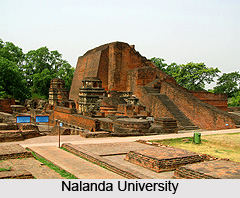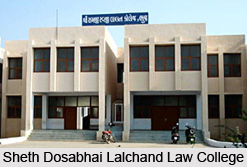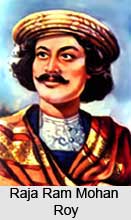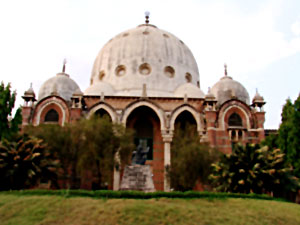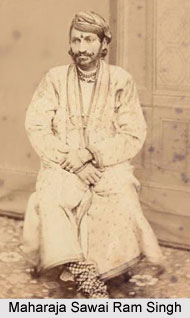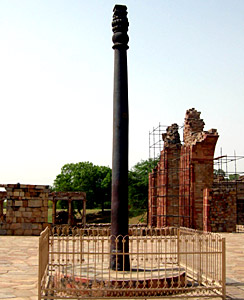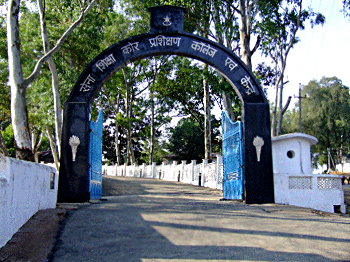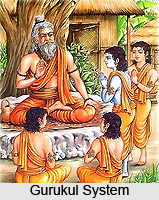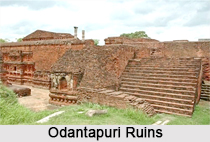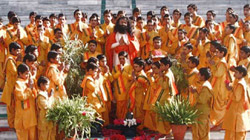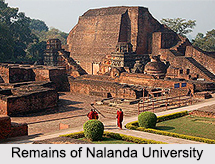North East Engineering Entrance is more popularly known as NERIST Entrance Examination (NEE). This engineering entrance test is organized by the North Eastern Regional Institute of Science and Technology (NERIST) for the purpose of admissions to several certificate, diploma as well as degree programmes. NERIST conducts this entrance test for the eight North Eastern Indian states. North Eastern Regional Institute of Science and Technology or NERIST is considered as a premier technical institute offering science and technology courses in various streams. This technical institute is located in Nirjuli, Itanagar of Arunachal Pradesh. Students who are interested in taking admissions to this well renowned institute of the country need to appear for the North East Engineering Entrance is more popularly known as NERIST Entrance Examination (NEE).
In North Eastern Regional Institute of Science and Technology (NERIST), the academic programmes offered are mainly in the Engineering, Applied Science and Technology streams. These streams offered at NERIST comprise three modules (Certificate, Diploma and Degree). Three different levels of examinations called as NEE-I, NEE-II and NEE-III are organized for admissions at different modules or streams. These engineering entrance tests are held in several centres situated in the North Eastern states of India.
Application Forms North East Engineering Entrance (NEE) Examination
Candidates can obtain the application forms along with the information brochure for each module of the courses offered either in person from the institute by making payment of the requisite amount in cash or by post by preparing a bank Demand Draft drawn in favour of `Director, NERIST`, payable at Nirjuli, Itanagar. The candidates are also required to send a self addressed unstamped envelope along with the bank demand draft in the address of the Secretary (NEE), NERIST.
Eligibility Criteria for North East Engineering Entrance (NEE) Examination
For appearing in the NERIST Entrance Examination, the minimum eligibility requirement is a pass in the 10th standard or its equivalent examination with Science and Mathematics as core subjects for appearing in NEE I. The minimum age requirement is 19 years. However, for the SC/ST candidates, the minimum age is 22 years.
For appearing in NEE II, the candidates need to have passed the 10+2 examination with Physics, Chemistry and Mathematics as compulsory subjects. The upper age limit for this entrance test is 23 years (28 years for SC/ST candidates).
For appearing in NEE III, the candidates need to have passed the diploma course of 3 years from any recognized Government polytechnic institute. The upper age limit is 40 years (45 years for SC/ST candidates).
The minimum eligibility for admissions in Forestry stream is a pass in the 10+2 standard with Physics, Chemistry, Mathematics or Biology as core subjects.
Courses Offered at North Eastern Regional Institute of Science and Technology (NERIST)
The various course programmes at undergraduate, postgraduate and doctorate degree levels are as follows -
• Computer Science and Engineering
• Electronics and Communication Engineering
• Mechanical Engineering, Civil Engineering
• Electrical Engineering
• Agricultural Engineering
• Forestry
The various departments of this renowned technical institute are mentioned below -
•Civil Engineering Department
• Mechanical Engineering Department
• Electrical Engineering Department
• Electronics and Communication Engineering Department
• Agricultural Engineering Department
• Computer Science Department
Pattern of North East Engineering Entrance (NEE) Examination
The test paper consists of objective types of questions with multiple choices in subjects like mathematics, physics and chemistry.
Syllabus for North East Engineering Entrance (NEE) Examination
The students need to follow the syllabus of the 12th standard followed in recognized Boards of the country.
Selection Process for North East Engineering Entrance (NEE) Examination
The selection of the candidates is entirely based on the performance in the written test. Moreover, the short listing is also based on the seats reserved for SC/ST and General Candidates.
North East Engineering Entrance (NEE) Examination or NERIST Entrance Examination (NEE) is the mode through which the knowledge skills of the candidates are judged and whether they are suitable for the professional engineering courses or not. Every year a large number of students appear for this entrance test for admissions in engineering and technology programmes.
